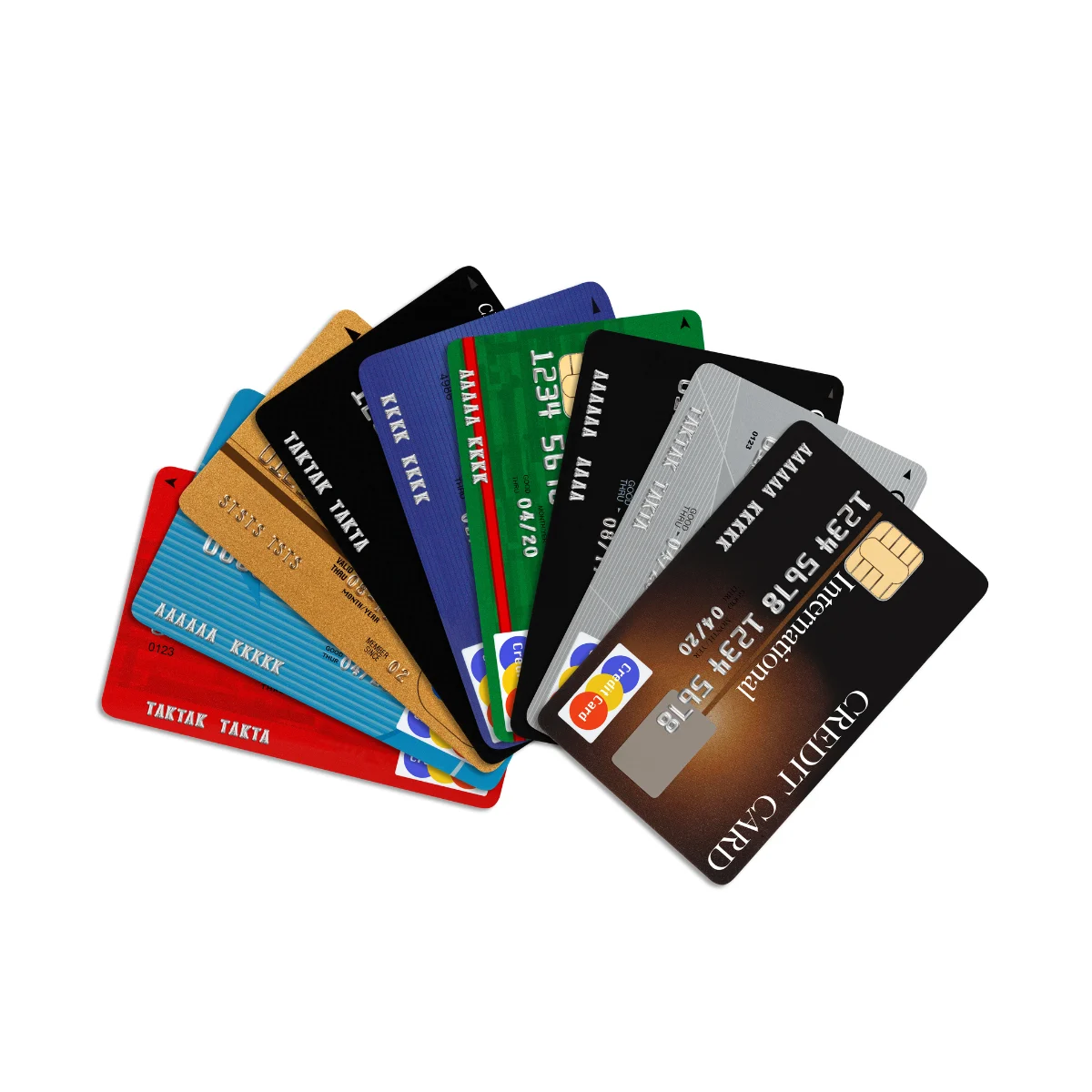Credit cards are convenient payment tools, but they also offer many benefits, such as improving your credit score and earning rewards. However, not all credit cards are the same, and finding the best one for you can be challenging. Here are some steps to help you choose the right credit card for your needs and goals.

Your credit score and report are important factors that affect your chances of getting approved for a credit card. The higher your score, the more likely you are to qualify for cards with better perks and lower interest rates. You can check your credit score for free on NerdWallet1 or through many credit card issuers. You can also get your credit report for free once a week from each of the three major credit bureaus (Equifax, TransUnion, and Experian) at AnnualCreditReport.com2 . You should review your report for any errors or negative information that could lower your score and dispute them if necessary.
There are different types of credit cards that suit different purposes and preferences. Some of the common types are:
Once you have an idea of what type of credit card you need, you can narrow down your choices by comparing different offers and features. Some of the things to look for are:
After comparing different credit card offers and features, you should apply for the card that offers you the highest overall value. This means the card that best matches your needs and goals, fits your budget, and maximizes your rewards and benefits. You can apply for the card online, by phone, or by mail, depending on the issuer. You will need to provide some personal and financial information, such as your name, address, income, social security number, etc. You will also need to agree to the terms and conditions of the card, such as the interest rate, fees, rewards, etc. You will get a decision on your application within minutes, hours, or days, depending on the issuer and your credit situation. If you are approved, you will receive your card in the mail within a few weeks. If you are denied, you will receive a letter explaining the reasons and your rights.
Choosing the best credit card for you can be a rewarding process if you follow these steps. By checking your credit, identifying your needs, comparing your options, and applying for the best card, you can enjoy the convenience, security, and benefits of credit cards. Happy swiping!